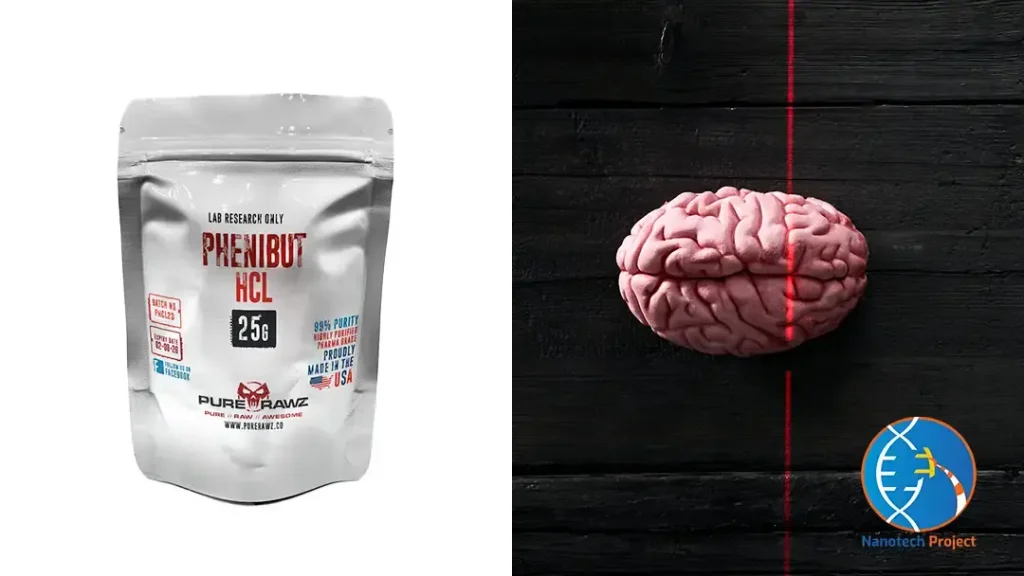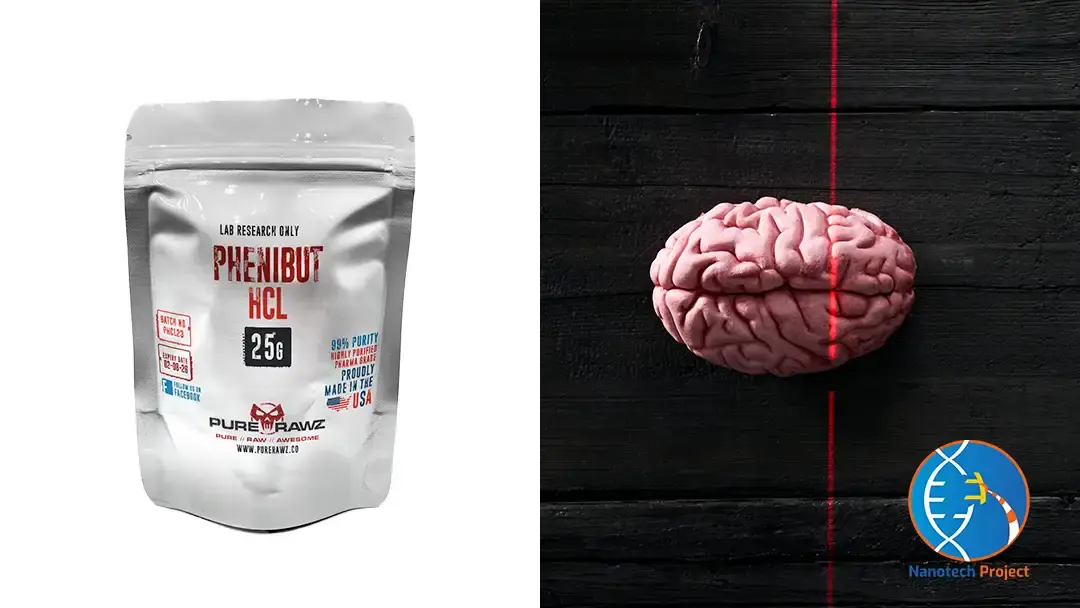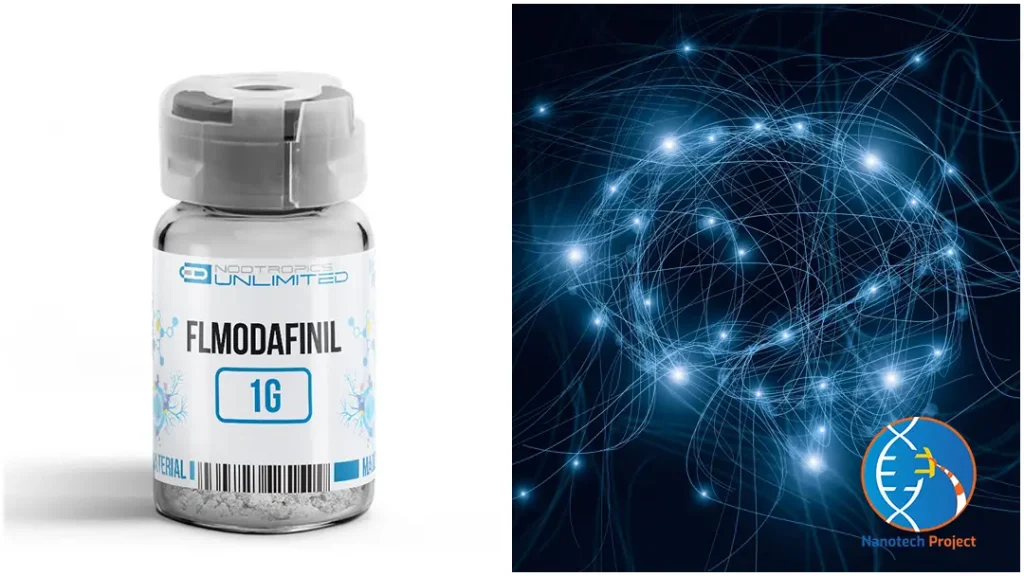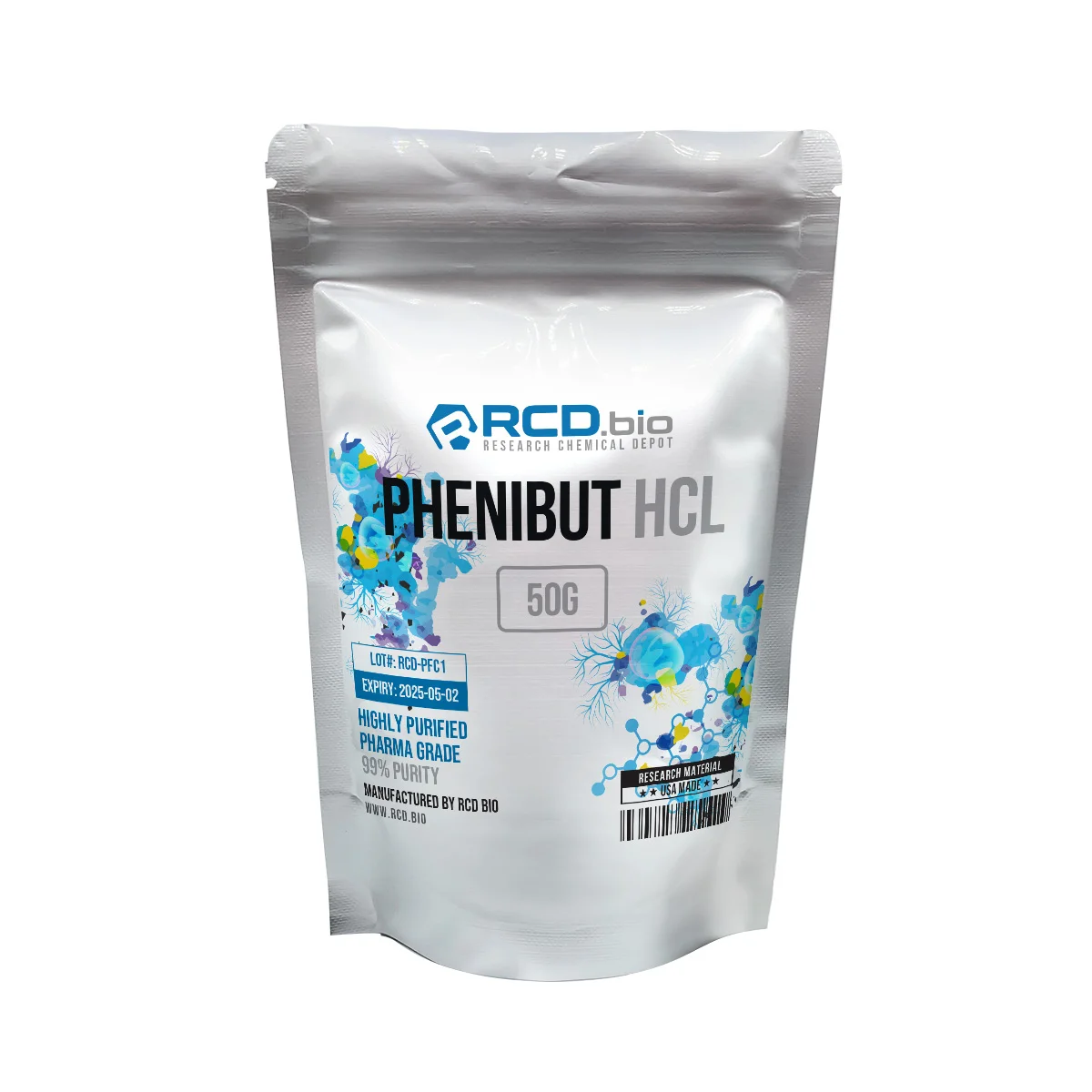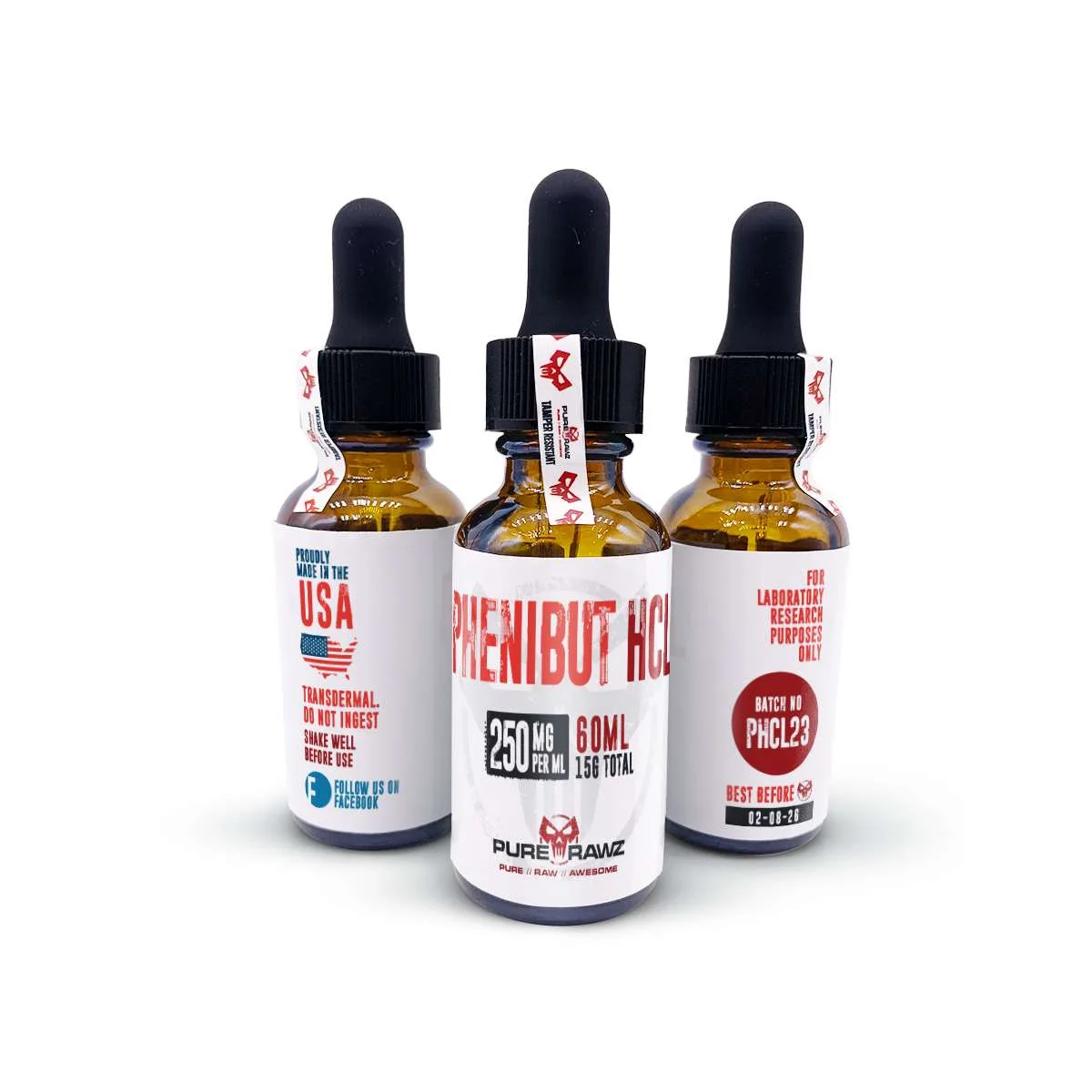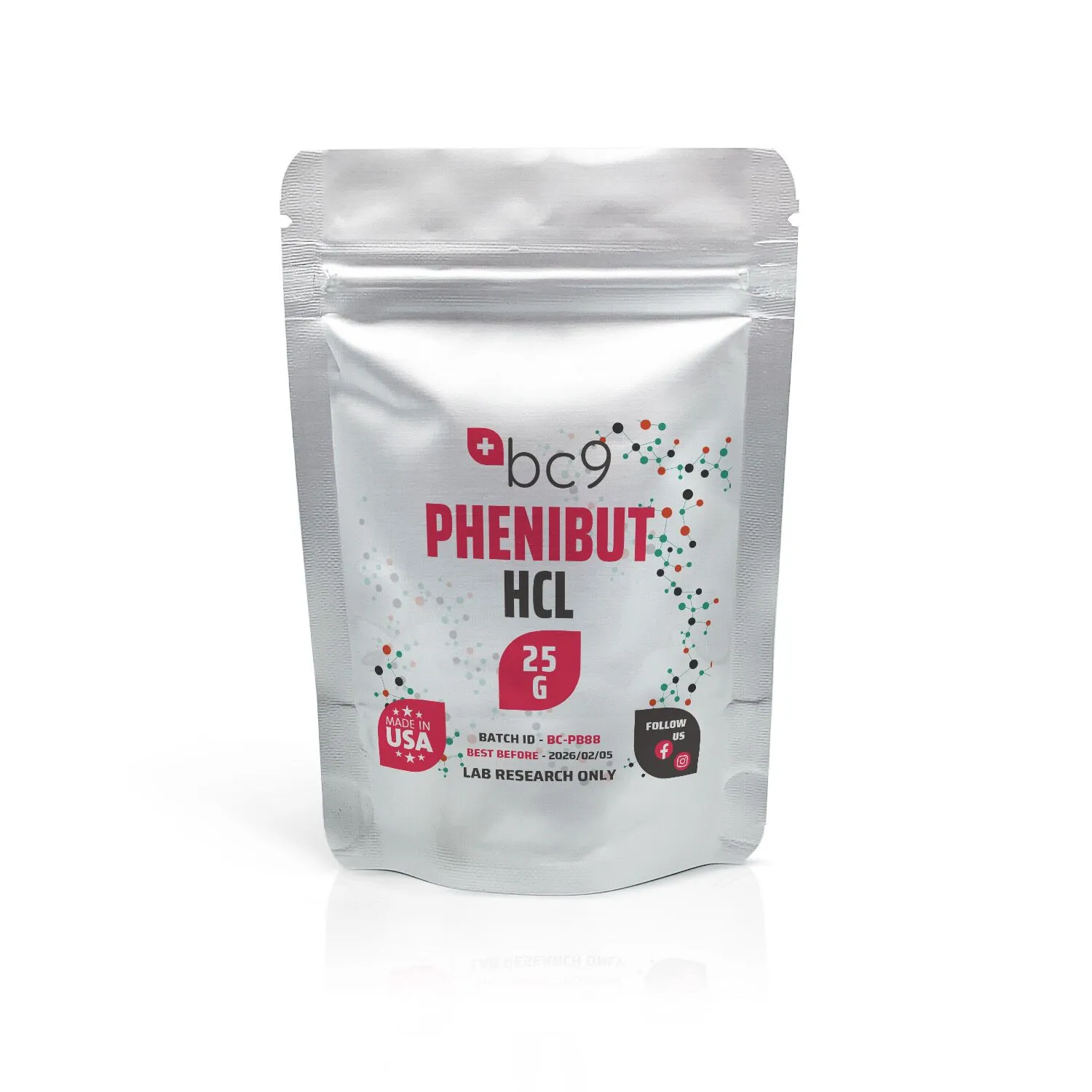What is Phenibut HCl?
Phenibut HCl is a tranquilizer and nootropic drug initially synthesized in Russia as a non-addictive alternative to psychoactive drugs like alcohol. The compound mimics the brain chemical gamma-aminobutyric acid (GABA) to reduce anxiety, improve sleep, and enhance cognition. While not approved by the FDA, but, people can buy Phenibut HCL powder online and in stores as a nutritional supplement that can alleviate severe withdrawal symptoms from alcohol and other addictive substances.
However, Phenibut carries risks of dependence itself, with abrupt discontinuation potentially leading to acute Phenibut withdrawal symptoms like anxiety, insomnia, and tremors. Those considering Phenibut should carefully weigh the benefits and risks, start with low doses, and avoid long-term daily use to reduce the likelihood of developing tolerance and addiction.
When used judiciously, Phenibut HCl may offer temporary relief for some conditions, but the unregulated status makes quality control an ongoing concern.
| Phenibut HCL | |
|---|---|
| CAS Number | 1078-21-3 |
| Molar Mass | 179.219 g·mol−1 |
| Chemical Formula | C10H13NO2 |
| IUPAC Name | 4-Amino-3-phenylbutanoic acid |
Is Phenibut Hcl Legal?

Phenibut’s legal status is complex and varies between countries. In the United States, it is currently legal to buy and sell Phenibut as a dietary supplement. However, Phenibut is not approved by the FDA for any medical use. Its unregulated status has raised major safety concerns.
Poison control centers have received increased calls about Phenibut exposures in recent years. One analysis found there were over 1,500 Phenibut exposures reported to poison control centers from 2009 to 2019, with 260 cases classified as moderate to life-threatening severity. Another study documented a 6-fold increase in Phenibut-related calls to Mississippi poison control from 2011 to 201.
An illustrative case report described severe Phenibut poisoning requiring intubation and ICU admission in a patient who purchased it online as an anxiety supplement. The authors warn that Phenibut can be a dangerous product when used without medical supervision. These cases highlight the risks associated with phenibut’s widespread availability as an unregulated compound.
Some countries have placed restrictions on Phenibut ingestion in response to safety concerns. Australia classified Phenibut as a controlled substance in early 2022. Canada also announced that Phenibut would be considered equivalent to a prescription drug due to incidents of harmful use. However, in the US, Phenibut remains easily accessible despite reports of intoxication.
While further research is needed, current evidence suggests that Phenibut may be a potentially dangerous product when used recreationally without medical oversight. Consumers should exercise caution and know the legal status and safety risks before purchasing or ingesting Phenibut supplements.
Mechanism of Action

Image Source: Wikipedia
Phenibut HCl is a derivative of the inhibitory neurotransmitter GABA, specifically a β-phenyl GABA analogue that can readily cross the blood-brain barrier, unlike GABA. As a GABA-B receptor agonist, Phenibut binds to and activates these receptors similarly to the drug baclofen, inducing muscle relaxation and modulating dopamine production. Through its action on GABA-B, Phenibut can reduce anxiety, promote calmness, and improve sleep.
Additionally, by blocking α2δ subunit-containing voltage-dependent calcium channels (VDCCs), Phenibut works as a gabapentinoid to further elevate GABA levels and depress the central nervous system. Though the pharmacokinetics are not fully characterized, Phenibut is thought to be rapidly absorbed and has a half-life of around 5 hours. Recreational users take much higher doses of 1-3 grams, with effects felt in 2-4 hours and peak effects at 4-6 hours.
The addition of a phenyl ring allows this β-phenyl GABA derivative to easily enter the brain, bind to GABA-B receptors, block VDCCs, and thereby increase GABAergic neurotransmission for anxiolytic and sedative effects. However, high doses of this psychoactive substance still carry risks like dependence and more severe withdrawal symptoms.
Potential Benefits of Phenibut HCl
- Cognitive Enhancement
Some research points to the possible nootropic effects of Phenibut. A study in patients with anxiety found that Phenibut enhanced memory, attention, and emotional intelligence for most participants. Animal studies also show that Phenibut can improve learning and memory in mice and rabbits. The proposed mechanism is reducing stress levels and anxiety allowing for improved cognition. However, human studies are limited and Phenibut’s cognition-enhancing potential needs more research.
- ADHD
A few small studies indicate that Phenibut may benefit some ADHD symptoms. An open-label trial in children found Phenibut improved attention and auditory verbal memory. Another study reported that Phenibut 500mg daily led to significant improvements in ADHD symptoms for most patients, though a few experienced excessive daytime drowsiness. Overall, the evidence is very limited, but Phenibut shows some potential to aid with inattention and hyperactivity symptoms of ADHD. Larger controlled studies are required to verify these preliminary findings.
- Anxiety
Several studies suggest that Phenibut may help reduce anxiety. An open-label trial in Russia found that Phenibut 250mg daily significantly decreased anxiety and sleep problems in children with tension headaches. Anxiety levels also improved in migraine patients taking Phenibut with Metoprolol compared to Metoprolol alone. Two additional studies reported that Phenibut markedly reduced anxiety and improved sleep quality in patients with anxiety disorders. However, larger-scale randomized controlled trials are still needed to confirm the anxiolytic effects of Phenibut.
- Chronic Fatigue
A couple of small trials found that Phenibut reduced fatigue in those with cerebrovascular disease and emotional exhaustion. The studies suggest that Phenibut 500mg daily may decrease fatigue, especially the mental component. This aligns with the anti-anxiety effects of Phenibut, as lowering stress and anxiety levels can improve energy.
- Heat Tolerance
A couple of Russian trials found that Phenibut increased tolerance to heat stress. This may result from Phenibut’s ability to improve oxygen utilization and protect the body from overheating during physical exertion in hot environments. However, not enough research exists to recommend Phenibut for heat endurance.
- Tension Headaches
One study in children and adolescents found that Phenibut reduced the intensity, duration, and frequency of tension headaches. It also improved sleep quality and anxiety in these patients. The anti-anxiety and muscle relaxant effects likely alleviate headache pain and symptoms. However, larger blinded trials are needed to confirm if Phenibut is an effective treatment for tension headaches.
- Insomnia
Three clinical studies show that Phenibut has benefits for insomnia patients. Phenibut increased deep sleep stages and reduced light sleep in recovering alcoholics. It also improved sleep quality in anxious patients and those with headaches. The GABAergic mechanisms of Phenibut likely underlie these sleep-enhancing effects. However, the optimal doses and long-term efficacy and safety for sleep remain uncertain.
Other Nootropics as Alternative for Phenibut HCl
Noopept
A synthetic nootropic research molecule is called noopept. Clinical studies have shown that Noopept may lessen anxiety and general irritability, as well as perhaps lessen sleep problems and enhance overall emotional stability in individuals with minor cognitive abnormalities.
Piracetam
A nootropic with possible neuroprotective and anticonvulsant effects is called piracetam. Clinical studies have indicated that it might lessen dyslexia symptoms and enhance language learning. Additionally, it has been discovered that piracetam may help dementia sufferers’ mental functioning.
Piracetam has also shown promise in improving memory, focus, and cognitive function in individuals with cerebrovascular illnesses. Additionally, the nootropic has shown promise in lowering children’s frequency of breath-holding episodes.
Oxiracetam
Oxiracetam is a nootropic substance that is a member of the racetam group. Studies have indicated that it possesses the ability to cross the blood-brain barrier and enhance the clinical results of neurodegenerative illnesses, memory impairments, stroke, seizures, and anxiety.
Despite being a descendant of Piracetam, the ‘original’ racetam, it has proven to be more effective in reducing cognitive decline and enhancing memory. It has demonstrated good absorption and a half-life of three to six hours in clinical testing.
9-Me-BC
Synthetic nootropic 9-methyl-β-Carboline, or 9-Me-BC, is a substance. Studies on animals have indicated that it could have anti-inflammatory and neuroprotective properties. Additionally, it has been discovered that 9-Me-BC may raise dopamine and other neurotransmitter levels, which may improve your mood.
According to data from an additional preclinical investigation, 9-Me-BC can suppress the expression of certain inflammatory cytokines and receptors.
The nootropic has demonstrated the capacity to induce neuro-restorative and neuro-stimulative effects in various animal experiments.
Tianeptine Sulfate
The chemical tianeptine sulfate for sale is mainly utilized in research to treat serious depressive disorders. It can stop stress-induced hippocampus remodeling and control the communication between AMPA and NMDA receptors. Studies reveal that it can increase brain-resident BDNF protein as a neuroprotective.
The effectiveness of tianeptine sulfate for sale in treating depression, PTSD, irritable bowel syndrome, asthma, and Parkinson’s disease is also presently being researched.
Side Effects

Dependence and Withdrawal
One of the most concerning side effects of Phenibut is the potential for dependence and withdrawal symptoms with prolonged use. Numerous case reports describe patients developing a dependence on Phenibut with symptoms like anxiety, insomnia, tremors, and palpitations when abruptly stopping high-dose usage. Tolerance can develop quickly and withdrawal can be severe, so Phenibut requires cautious use.
Fatigue and Sedation
Excessive drowsiness and fatigue are commonly reported side effects, especially at higher doses. A few studies found 3-5% of patients experienced excessive daytime sleepiness or fatigue. However, other trials using lower doses (250-500mg) did not report this side effect. Careful dosage titration is recommended when starting Phenibut.
Nausea and Headache
Stomach discomfort and headaches are occasional side effects mentioned in the research. One study found that 2% of participants reported nausea. Headaches could also result from withdrawal after cessation of Phenibut. Starting with low doses can minimize the risk of these symptoms.
Cognitive Impairment
Despite some studies showing cognitive enhancement, other reports indicate potential negative cognitive effects. Case studies have reported memory loss and brain fog associated with Phenibut use. These effects may be dose-dependent and could result from withdrawal after stopping Phenibut.
Psychiatric Effects
While Phenibut may reduce anxiety, some users have experienced the opposite effect – increased anxiety, emotional volatility, and irritability. Case reports also document psychosis in some individuals misusing high doses of Phenibut. Caution is warranted about potential psychiatric side effects.
Suggested Dosage and Cycling
250-500mg
This is considered a common starting dosage for Phenibut. At this amount, users often report reduced anxiety, improved sleep, and increased sociability. Lower doses around 250mg are less likely to cause side effects like sedation.
500-1000mg
This range is sometimes used for addressing more significant anxiety or sleep issues. However, the risk of side effects increases at doses above 500mg, so caution is advised. It’s better to start low and gradually increase dosage as needed.
1000-1500mg
Doses in this range start entering the territory of recreational use. There is a substantially higher risk of side effects, tolerance, and dependence at these higher dosages. It is not recommended for beginners due to safety concerns.
Doses above 1500mg
Very high doses of phenibut above 1.5 grams should be avoided, especially for those without a tolerance. The risks of sedation, nausea, respiratory depression, and adverse psychiatric effects are much more likely. Recreational use above 2000mg per day also carries high risks of addiction.
Frequency
Phenibut should not be taken more than 2-3 times per week, with at least 2 days off in between doses. Daily use can quickly lead to dependence and withdrawal symptoms.
Onset
Phenibut takes 2-4 hours to kick in when taken on an empty stomach. Eat a small meal about an hour after dosing to optimize absorption.
Cycling
Periodic cycling is recommended – such as using Phenibut 1 week on, and 1 week off. This helps prevent tolerance and dependence.
In summary, start with 250-500mg max, use only twice weekly, avoid exceeding 1500mg, and cycle your usage. Careful dosage and frequency regulation are vital to benefiting from Phenibut while minimizing health risks.
What to look for when choosing a nootropic supplier?
Quality sourcing and testing
Reputable suppliers should source ingredients from reliable vendors and test raw materials and finished products for identity, purity, and potential contaminants. They should provide certificates of analysis.
Transparent labeling
Labels should list all ingredients and their amounts. Beware of proprietary blends that don’t reveal specific doses.
Independent lab testing
Many leading suppliers contract independent third-party labs to test their products and publish the results. This provides added assurance of quality.
GMP-certified facilities
Suppliers with GMP certification follow strict good manufacturing practices and quality control processes. This helps ensure supplement quality and consistency.
Experience and reputation
Established companies with a good track record of quality and customer service are preferable. Look for online reviews, feedback on forums, etc.
Product variety
A wider selection allows you to find nootropics well-suited for your needs and stack components. But more doesn’t always equal better quality.
Competitive pricing
While very cheap can signal low quality, some suppliers do offer competitive value pricing on best nootropics. Comparison shop.
Customer service
The best suppliers have knowledgeable teams ready to address questions and guide you in product selection for your goals.

Where Can I Buy Online?
If you are looking for high-quality phenibut below are the top provider vendors.
| Vendor | Rating | Buying Link | Verdict |
|---|---|---|---|
| PureRawz | 4.7/5 | Buy Phenibut from PureRawz | High-quality product, trusted vendor |
| RCD Bio | 4.6/5 | Buy Phenibut HCL Powder from RCD Bio | Pure powder form, excellent value |
| Behemoth Labz | 4.5/5 | Buy Phenibut HCL Capsules from Behemoth Labz | Convenient capsules, good reputation |
Conclusion
Phenibut HCl is a psychoactive compound that was developed in Russia as both a tranquilizer and a nootropic drug. It is a derivative of the neurotransmitter gamma-aminobutyric acid (GABA) and is used for conditions like social anxiety, fear, acute behavioral disturbance, post-traumatic stress disorder, substance use disorder, and drug-alcohol addiction treatment. While not approved by the FDA, it is sold online and in stores as dietary supplements.
GABA derivatives Phenibut activates GABA-B receptors similarly to baclofen, inducing feelings of calmness and reduced anxiety. It also blocks calcium channels, further enhancing its sedative and anxiolytic effects. However, Phenibut carries adverse effects like risks of dependence, tolerance, Phenibut addiction, and severe withdrawal symptoms if abruptly discontinued after prolonged use. Side effects may include drowsiness, nausea, headaches, and cognitive impairment.
Numerous case reports describe Phenibut dependence and major life-threatening withdrawal symptoms requiring hospitalization. Poison control centers have also reported increasing exposure and toxicity cases due to unregulated Phenibut supplements. Some countries have banned Phenibut due to safety concerns, but it remains widely available online as a dietary supplement in the US.
While preliminary research suggests that Phenibut may help conditions like anxiety, PTSD, and sleep disorders at lower doses, individuals using Phenibut still face risks of dependence, withdrawal, and overdose. More research is needed, and experts advise caution with Phenibut use given limited evidence on its long-term safety and addiction potential. Careful consumer research, dosage regulation, and medical consultation are recommended for those choosing to take this psychoactive and unapproved substance.
